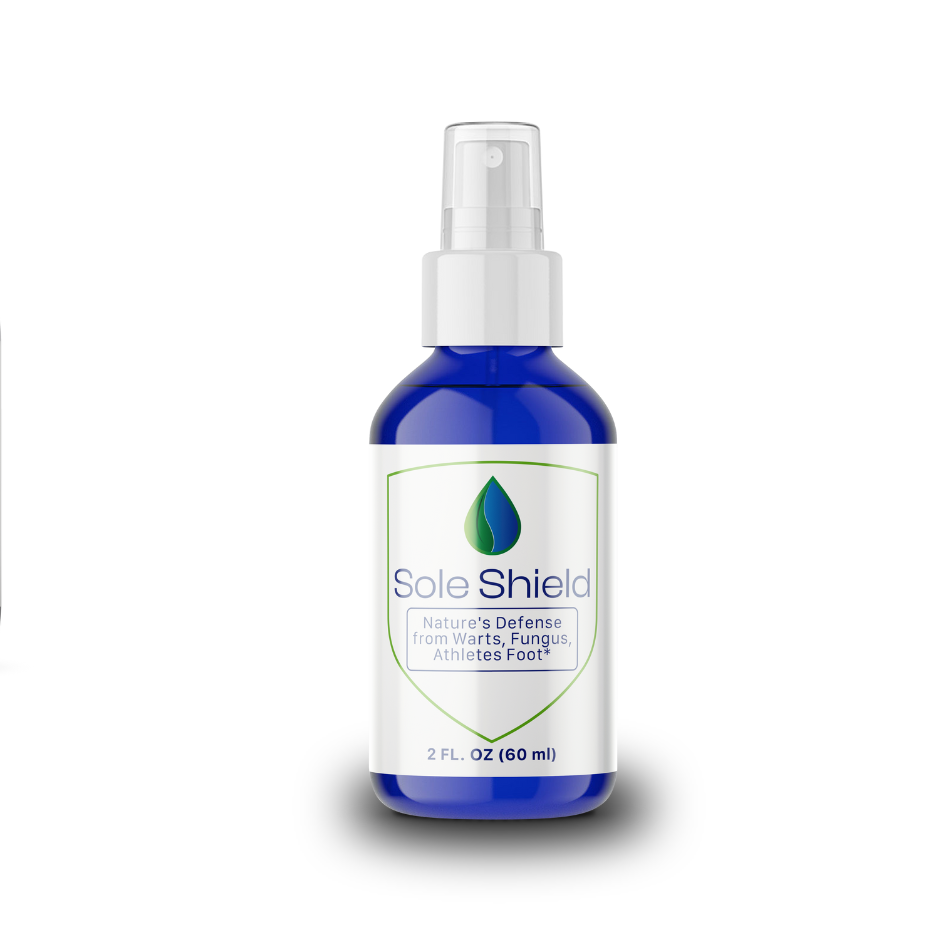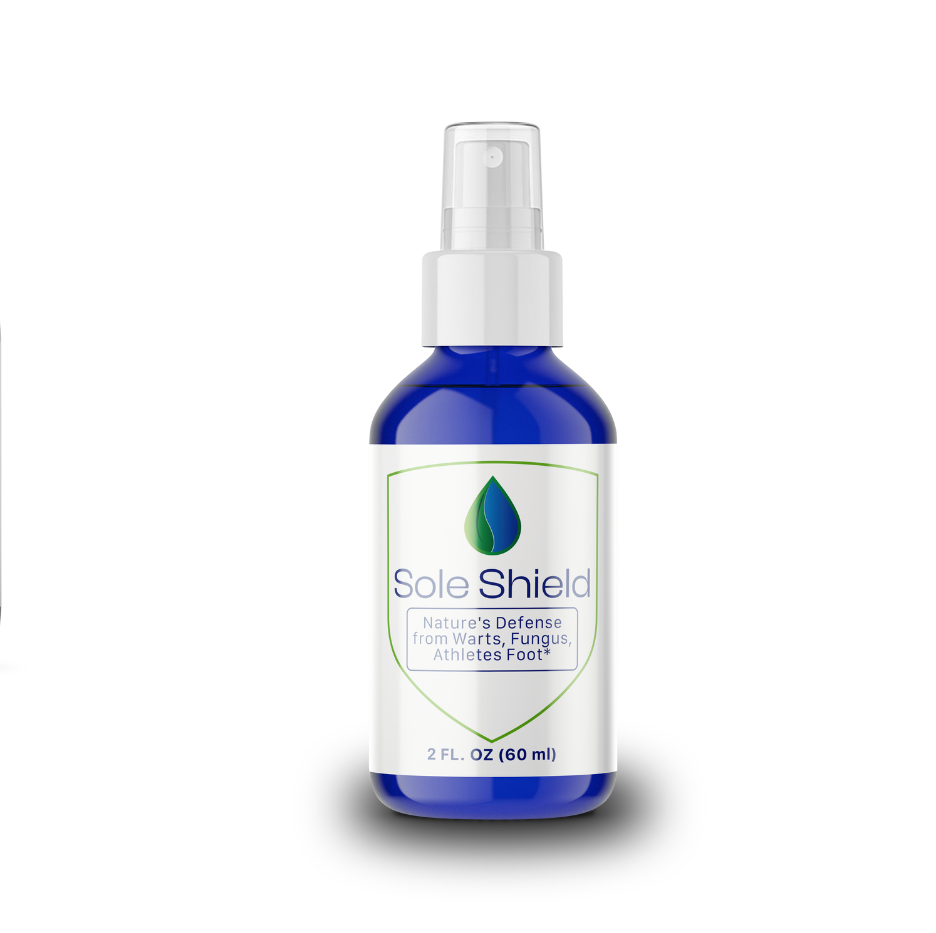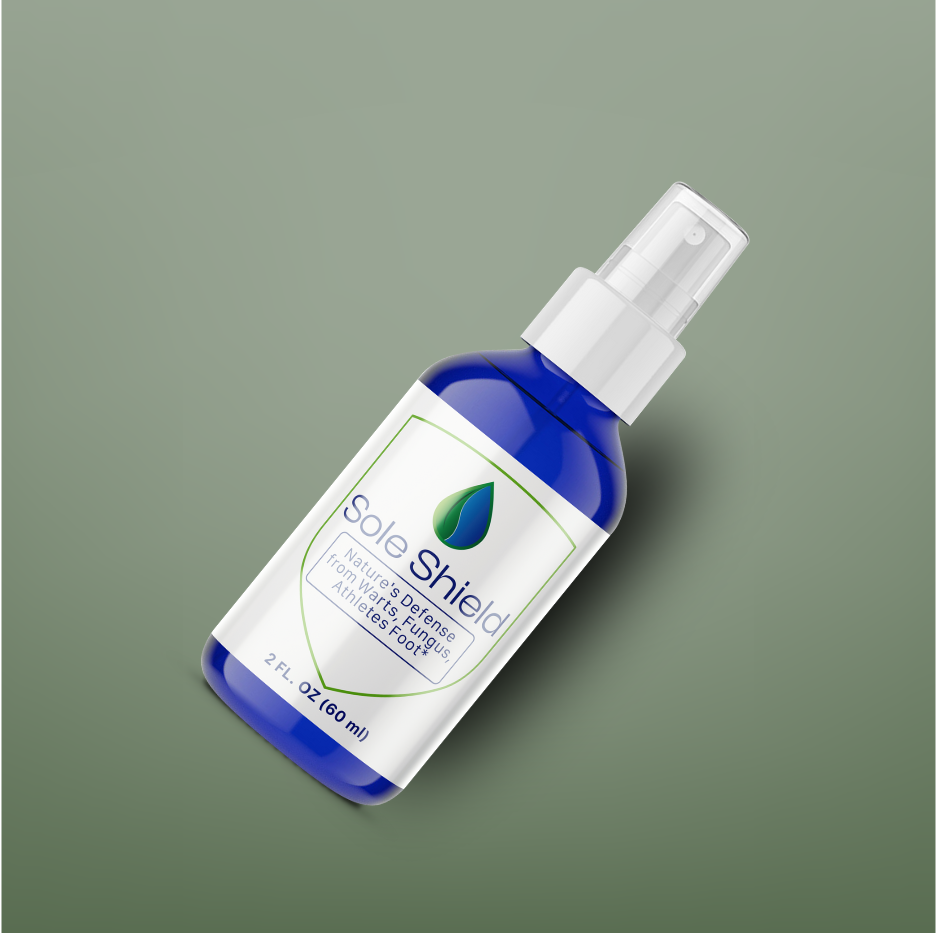Disclaimer: The information in this article is for educational and informational purposes only and is not intended to diagnose, treat, cure, or prevent any disease. The content is based on publicly available research and third-party sources, and does not represent medical advice or claims made by IodinePure. Always consult a qualified healthcare provider before making decisions about your health.
Introduction to Iodine and Respiratory Health

With the rise of global respiratory threats like SARS-CoV-2 and Respiratory Syncytial Virus (RSV), there is growing awareness around the importance of strengthening our immune defenses—especially when it comes to the respiratory system.
While conventional antiviral treatments remain essential, emerging research points to the critical role of iodine—particularly in its iodide form—in supporting respiratory health and helping the body fight off infections. Historically used to treat tuberculosis and respiratory illnesses in the early 1900s, iodine continues to be a powerful antiseptic and immune booster today.
Modern formulations such as povidone iodine, elemental iodine, and essential iodine drops make this mineral more accessible than ever. Povidone iodine, one of the most trusted antiseptics, is widely used to prevent and manage respiratory tract infections. Meanwhile, daily supplementation with essential iodine can help maintain optimal iodine levels—supporting thyroid function and immune system resilience.
In this blog, we’ll explore the science behind iodine’s antiviral properties, how it can enhance respiratory defense, and practical ways to incorporate it into your daily routine for improved immune support.
Iodine and Respiratory Infections: A Crucial Connection
The respiratory system is equipped with a mechanism that prevents most infectious agents from reaching the lungs. This is mainly realized as part of one oxidative host defense that involves various enzymes and components capable of neutralizing viruses and bacteria.
One enzyme which is quite important in this regard is lactoperoxidase (LPO). In fact, LPO, when activated with hydrogen peroxide (H2O2) and thiocyanate, synthesizes hypothiocyanite which is a highly antimicrobial compound.
Iodide (an ionized form of iodine) is even more effective at inactivating viruses such as RSV, in the presence of ionized (higher) concentration of iodide in the airway then LPO makes hypoiodous acid instead. This molecule makes iodide an important element in respiratory system health.
The Antiviral Activity of Iodine

The list of viruses that iodine can target is not short; it includes SARS-CoV-2 that causes COVID-19, the MERS virus and even viruses responsible for different kinds of influenza. The mechanism that iodine possesses, which inactivates viral particles, is the active form of iodine found within iodine, making it capable of stopping the viruses from replicating and spreading.
Research has shown that iodine has worked against the SARS-CoV-2 strains. When viruses are present in droplets, Iodine acts on their cations thereby decreasing their transfer between people.
Iodine is effective against viruses including MERS and influenza as well. The use of iodine should be further encouraged as it helps the body surface more effectively combat viruses.
Real-World Evidence: The Lamb Model Study on SARS CoV 2
One such robust study, involving newborn lambs, was performed to test the usefulness of iodide in prevention of respiratory infections. Lambs were infected with RSV prior to being subjected to intragastric administration of potassium iodide (KI).
The data was impressive. KI-treated lambs exhibited a ten times increase in the iodide concentration of stamped in their airway secretions, which resulted in a considerable reduction in RSV syndrome.
These lambs had lower viral loads, milder lung lesions and lower levels of inflammatory cytokine IL-8. This work leads to a conclusion that iodine supplementation can be utilized in all age groups to boost lung defenses and the extent of viral infections. The use of intranasal povidone iodine (PVP-I) has been shown to reduce the viral load of SARS-CoV-2 through its virucidal activity, making it an effective method for inactivating the virus and preventing the spread of COVID-19.
Povidone Iodine vs. Hydrogen Peroxide: A Comparative Study
In another work, PVP-I was confronted with hydrogen peroxide (H2O2) for their effectiveness as oral antiseptic rinses against the SARS-CoV-2. Of the two, PVP-I ranked as the superior antiseptic.
Research work has established that povidone iodine gargle is very efficient in averting infections because of its antimicrobial activity against a wide range of pathogens including viruses and bacteria.
PVP-I achieved complete inactivation of the virus in just 15 seconds at a concentration of just 0.5%. This work underlines the efficiency of iodine containing formulations in the management of viral infections especially during pandemics.
Understanding the Iodine-Iodide Relationship

Iodine and iodide are terms which people usually confound, since they tend to be used in tandem so often. However, the two should not be confused as iodine is a mineral that is necessary in the production of thyroid hormone that regulates metabolism, growth and development. In the body, iodine gets converted into iodide which works in numerous biochemical processes including enhancing the respiratory system’s efficiency.
Besides thyroid gland activity, iodide is also known to play an active role in the respiratory tract’s oxidative defense system by destroying dangerous microorganisms in the lungs. This activity is important in times of cold and flu and during viral epidemics, hence maintaining iodine levels is crucial to sustaining good respiratory health.
Additionally, iodine can be used to decontaminate oral cavities to reduce the virus burden during healthcare procedures, particularly in the context of SARS-CoV-2 transmission.
Povidone Iodine as a Nasal or Oral Antiseptic
Considered one of the most efficient antiseptics of nasal or oral cavities, povidone iodine offers protection against a variety of respiratory pathogens, including SARS-CoV-2. The use of nasal and oral sprays may help in curtailing the spread of respiratory infections, thus enhancing the breathing process.
In medical settings, such as oral and maxillofacial surgery, povidone iodine is routinely used to prevent the spread of infections. Its efficacy in these environments highlights its potential for broader use in everyday preventive care. By incorporating povidone iodine as a nasal or oral antiseptic, individuals can take proactive steps to protect themselves and others from respiratory infections, particularly during times of heightened viral activity.
Boost Your Respiratory Health with Iodine

Iodine plays a critical role in maintaining thyroid balance, which in turn influences overall metabolic and immune function. One of its key actions is regulating thyroid hormone production—preventing the thyroid gland from overproducing hormones or enlarging excessively. However, it’s important to maintain balance: excessive iodine intake, especially in individuals with underlying conditions or iron overload, can potentially disrupt thyroid function and contribute to hypothyroidism.
When it comes to respiratory health, topical povidone-iodine has proven especially useful. It’s widely used as a preventive antiviral treatment, particularly for reducing the viral load of SARS-CoV-2 in the upper aerodigestive tract. Its virucidal properties and well-established mucosal safety profile make it effective for use before medical procedures involving the mouth, nose, or throat—helping to reduce transmission risk.
Though rare, very high iodine doses (such as 600 mg daily) have occasionally been associated with hyperthyroidism due to interference with normal hormone feedback loops. As with any supplement, maintaining appropriate dosage is key to supporting both thyroid health and respiratory defense.
How Does Iodine as a Nasal or Oral Antiseptic Help in Defending the Body Against Germs?
The absorption of sodium iodide into epithelial cells allows cells to mobilize inflammatory inflammatory vectors when needed. These are normally kept at rest. They go into attack mode when infected. With the eyes being glued shut by hours of liquid and eye absolute cement mascara, employees at the clinic became creative to look moisturizing instead.
Iodine is also effective against oral tract pathogens, making it a valuable antiseptic and mouthwash for infection control during medical procedures.
Although hydration is critically important, wounding and uncomfortable during swim training, the more interesting point is how parents can avoid iodine thickening especially during physical activity.
Despite these advantages, the likelihood of getting an obscene amount of iodine intake is unlikely. Most parents, when told that iodine is good for their health, throw out the iodine supplements and never use them again. There is a significant portion of populations that do not engage in expensive activities: in fact, they often go out for food and snacks.
If you are looking for a way to improve your overall health, then Iodine Pure has a few options such as EZ Clear Skin spray and Easy Clear Nails that you might be interested in. Support your respiratory health and immune system with iodine products. Don’t postpone anymore and place your order now.

Conclusion
To sum up, iodine is a very strong agent that is helpful in both the prevention and treatment of respiratory tract infections. It has an antiviral activity which is why it is suitable for use against infections such as SARS-CoV-2 and other respiratory pathogens. There are many forms of iodine which include povidone iodine, essential iodine drops, and elemental iodine, all of which help maintain respiratory health and inhibit infectious disease transmission.
Povidone iodine is an oral or nasal antiseptic solution that is both safe and effective and can be used in many different situations to control the spread of respiratory tract infections. This will thus strengthen one's self defenses and promote wellness in subjects that incorporate iodine into their daily healthy practices.
References
- Fischer AJ, Lennemann NJ, Krishnamurthy S, et al. "Enhancement of respiratory mucosal antiviral defenses by the oxidation of iodide." Am J Respir Cell Mol Biol. 2011 Oct;45(4):874-81. doi: 10.1165/rcmb.2010-0329OC.
- Derscheid RJ, van Geelen A, Berkebile AR, et al. "Increased concentration of iodide in airway secretions is associated with reduced respiratory syncytial virus disease severity." Am J Respir Cell Mol Biol. 2014 Feb;50(2):389-97. doi: 10.1165/rcmb.2012-0529OC.
- Bidra AS, Pelletier JS, Westover JB, et al. "Comparison of in vitro inactivation of SARS-CoV-2 with hydrogen peroxide and povidone-iodine oral antiseptic rinses." J Prosthodont. 2020 Aug;29(7):599-603. doi: 10.1111/jopr.13220.
- Zimmermann MB. "The effects of iodine deficiency in pregnancy and infancy." Paediatr Perinat Epidemiol. 2012;26(Suppl 1):108-17. doi: 10.1111/j.1365-3016.2012.01275.x.




